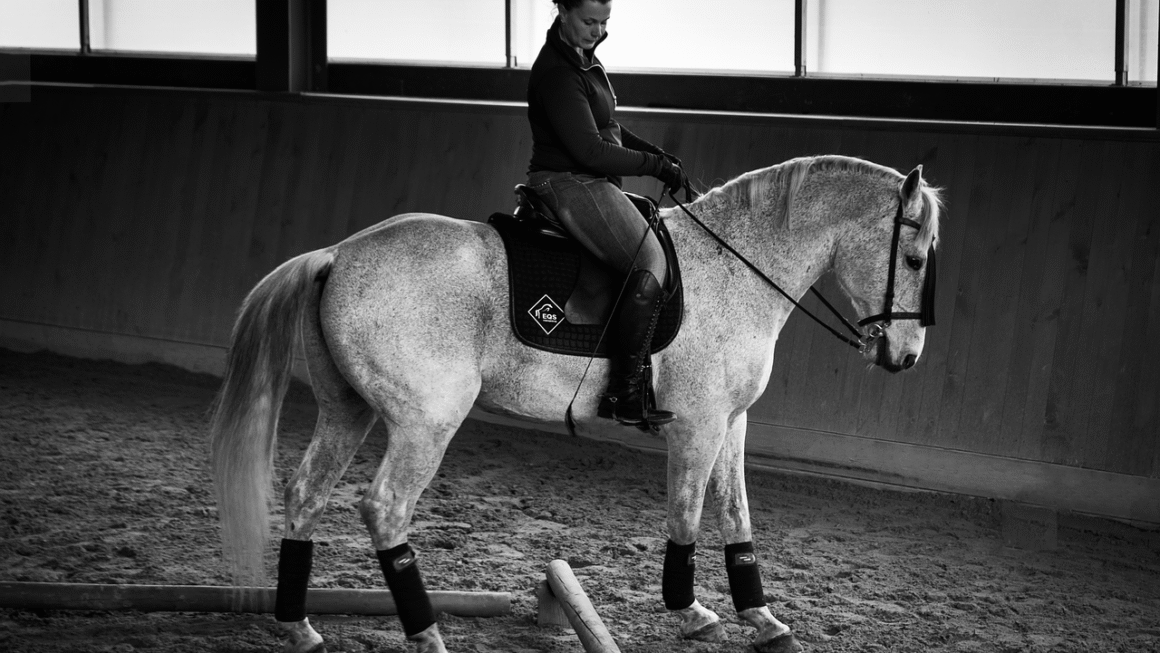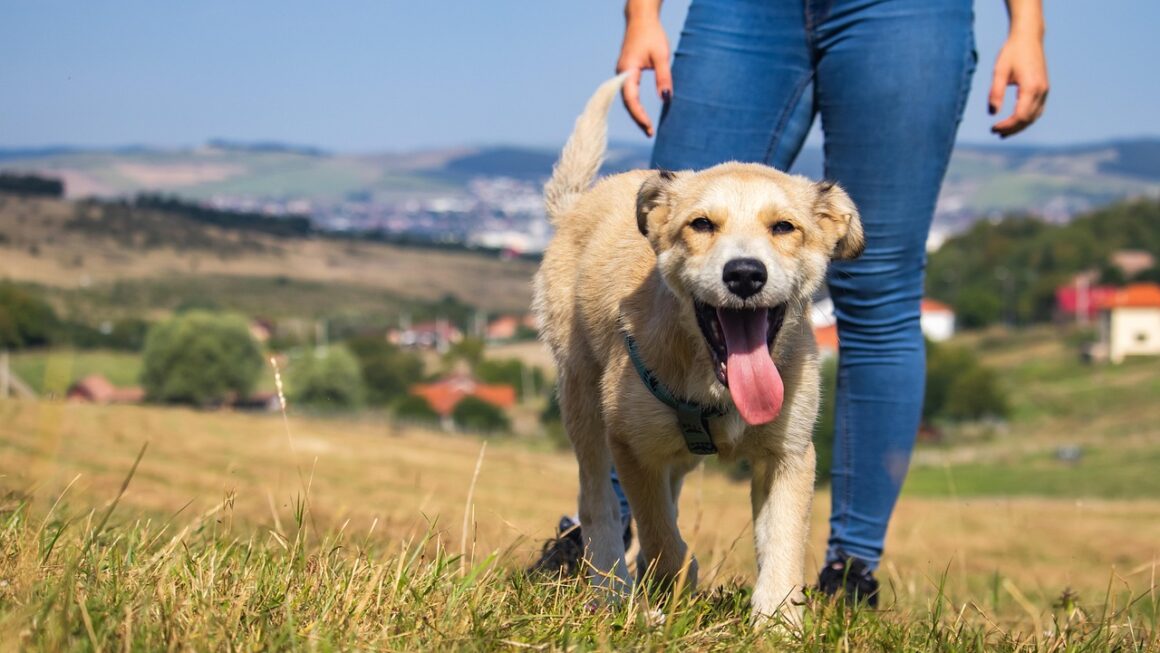The bond of a best friend is often described as one of life’s greatest treasures. It’s a connection built on trust, shared experiences, and unwavering support, offering comfort in difficult times and amplifying joy during celebrations. But what truly makes a best friend bond so special, and how can we nurture and strengthen these invaluable relationships? Let’s delve into the core elements that define this unique connection and explore how to cultivate lasting friendships.
The Foundation of a Best Friend Bond
Trust and Honesty
Trust is the bedrock of any strong relationship, and it’s especially vital in a best friend bond. It’s the feeling of safety and security that allows you to be vulnerable and authentic. Honesty, even when difficult, reinforces this trust.
- Example: Imagine sharing a personal struggle with your best friend and knowing they’ll offer honest advice without judgment. That level of trust is foundational.
- Why it matters: Trust allows for open communication and emotional safety, crucial for navigating life’s ups and downs together.
Shared Values and Beliefs
While complete agreement on everything is unrealistic, sharing fundamental values creates a sense of understanding and connection. These shared beliefs can encompass moral principles, life goals, or even senses of humor.
- Example: If you both value environmental responsibility, you might enjoy participating in volunteer cleanup events together or discussing sustainable living practices.
- The impact: Shared values provide a framework for understanding each other’s perspectives and supporting each other’s choices.
Mutual Respect and Acceptance
Accepting your best friend for who they are, flaws and all, is a key component of a healthy bond. Respecting their opinions, even when you disagree, fosters a supportive environment.
- Practical tip: Practice active listening when your best friend is sharing their thoughts or feelings. Show genuine interest and avoid interrupting.
- What to avoid: Don’t try to change your best friend. Accept them for who they are and celebrate their individuality.
Nurturing the Best Friend Relationship
Consistent Communication
Life gets busy, but making an effort to stay connected is crucial for maintaining a strong friendship. Consistent communication doesn’t have to be constant, but it should be regular and meaningful.
- Statistics: Studies show that consistent communication, even through brief messages, can significantly improve relationship satisfaction.
- Examples:
Schedule a weekly phone call or video chat.
Send each other articles, memes, or podcasts you think the other would enjoy.
Plan regular outings, even if it’s just grabbing coffee together.
Quality Time Together
While digital communication is valuable, spending quality time together in person or via video calls creates stronger memories and strengthens the bond.
- Ideas for quality time:
Go on adventures – hiking, exploring new cities, or trying new restaurants.
Engage in shared hobbies – cooking, painting, or playing sports.
Simply relax and chat – catch up on each other’s lives and share stories.
Active Support During Difficult Times
A true best friend is someone who offers unwavering support during challenging times. This support can take many forms, from lending a listening ear to offering practical assistance.
- Example: If your best friend is going through a job loss, you could help them update their resume, practice interview skills, or simply offer a shoulder to cry on.
- Actionable Takeaway: Ask your best friend how you can best support them during a difficult situation, rather than assuming you know what they need.
Navigating Challenges in a Best Friend Bond
Addressing Conflicts Constructively
Disagreements are inevitable in any relationship, including best friend bonds. The key is to address conflicts constructively and respectfully.
- Tips for resolving conflicts:
Communicate calmly and respectfully.
Listen actively to your best friend’s perspective.
Focus on finding a solution that works for both of you.
Be willing to compromise.
Avoid personal attacks or bringing up past grievances.
Recognizing and Addressing Unhealthy Dynamics
Sometimes, best friend relationships can develop unhealthy dynamics, such as codependency or possessiveness. It’s important to recognize these patterns and address them proactively.
- Signs of unhealthy dynamics:
Feeling like you can’t make decisions without your best friend’s approval.
Becoming overly jealous or possessive of your best friend’s time and attention.
Feeling like you’re constantly competing with your best friend.
One person consistently dominates the relationship.
- How to address unhealthy dynamics:
Communicate your concerns to your best friend openly and honestly.
Set healthy boundaries.
Seek professional help if needed (e.g., therapy or counseling).
Adapting to Change
Life circumstances change, and best friend relationships must adapt to these changes to remain strong. This might mean adjusting communication styles, making time for each other despite busy schedules, or supporting each other through different life stages.
- Example: If one of you moves to a different city, you might need to rely more on virtual communication and plan occasional visits to stay connected.
- Key to success: Flexibility and understanding are essential for navigating change in a best friend bond.
The Benefits of a Strong Best Friend Relationship
Improved Mental and Emotional Well-being
Having a strong best friend can significantly improve your mental and emotional well-being. They provide a sense of belonging, reduce stress, and offer a safe space to share your feelings.
- Studies: Research has shown that strong social connections can reduce the risk of depression, anxiety, and other mental health issues.
- Why it matters: Knowing you have someone who cares about you unconditionally can boost your self-esteem and provide a sense of security.
Increased Resilience
A best friend can help you navigate difficult times by providing emotional support and practical assistance. Their unwavering belief in you can give you the strength to overcome challenges.
- Example: During a personal crisis, a best friend can be a source of strength and encouragement, helping you stay positive and focused on finding solutions.
- Actionable benefit: Lean on your best friend during tough times and allow them to support you.
Enhanced Social Skills
Maintaining a strong best friend relationship can help you develop important social skills, such as communication, empathy, and conflict resolution.
- How it works: By navigating the complexities of a close friendship, you learn how to communicate effectively, understand different perspectives, and resolve conflicts constructively.
- Real-world application: These skills can benefit you in other areas of your life, such as your relationships with family members, romantic partners, and colleagues.
Conclusion
The best friend bond is a unique and invaluable relationship that offers numerous benefits for your mental, emotional, and social well-being. By nurturing trust, prioritizing communication, and navigating challenges constructively, you can cultivate a lasting friendship that enriches your life in countless ways. Remember that a strong best friend relationship requires effort and commitment from both parties, but the rewards are well worth the investment. Cherish your best friend, and continue to nurture the bond you share.




